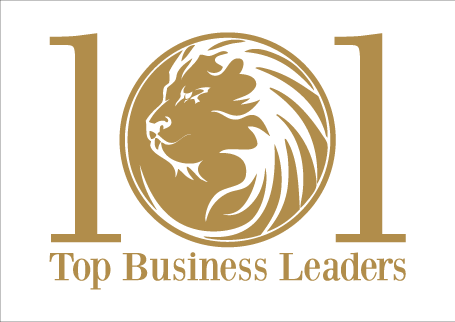Company Profile:
In 1996, Arab Orient Insurance Company was established in Amman. It is a public non-life insurance shareholding Company. In the year 2000, a group of investors led by Jordan Kuwait Bank acquired the company entirely and changed it’s management under my leadership. Currently, it is the leading Insurance Company in Jordan with a premium income (turnover) of JD’s 45,000,000 with more than 2,500 corporate clients. Furthermore, it employs more than 170 employees and has branches in Aqaba City, Swefieh, and Marka. Arab Orient Insurance Company is rated B+ with a positive outlook from AM BEST; the leading and most authoritative rating agency in the world. The company was also voted best insurer in Jordan by EUROMONEY; a leading financial European publication.
How did you start your business?
As above.
When you first started your business, were you expecting that it would become not only your full-time occupation, but also a growing company?
Yes I did. From the intial stages, I was determined that the company will grow to become one of the best in Jordan and the region as well.
What is the most rewarding thing you have accomplished and why do you cite it above all your other accomplishments?
The fact that we have hired and trained hundreds of employees in the last 10 years. Some of whom became top executives and general managers in different companies in Jordan and the Arab World as well. I cite this above all my other accomplishments because it added great value to our employees and improved their livelihood.
What were the biggest challenges you faced as an entrepreneur and how did you overcome them?
The biggest challenge I faced was convincing my employees 10 years ago that Arab Orient will be the leading Insurance Company within 5 years. Back in the year 2000, we were number 27 out of 27 insurance companies in Jordan; therefore, our employees could NOT even imagine that such goal is feasible. It took a lot of effort, convincing, leading by example, using coercive and non-coercive methods, getting very close to them, using a lot of psychology, and showing them how it is done. Today, I have more than 200 strong employees that share the same vision and dream that I had 10 years ago. It is worth mentioning that my new challenge nowadays would be to convince my current staff that we can go from a JD 50 million turnover company to a JD 100 million company in 5 years. I am using the same approach now to get them to believe that we can. The only thing I am doing differently is trying to hire first class executives so that we can achieve that feat with less hassle and more efficiency.
What do you think it takes to be successful in the industry your company competes in?
It takes determination, passion, heart, and discipline.
What advice would you give to those contemplating starting their own business?
Be creative and “destroy the box”. Be innovative and come up with something different at all times. Respect your clients and get close to them. Credibility and reputation are the most important factors in the success of any business.
What is the question I did not ask, but should have?
You have all the questions.









